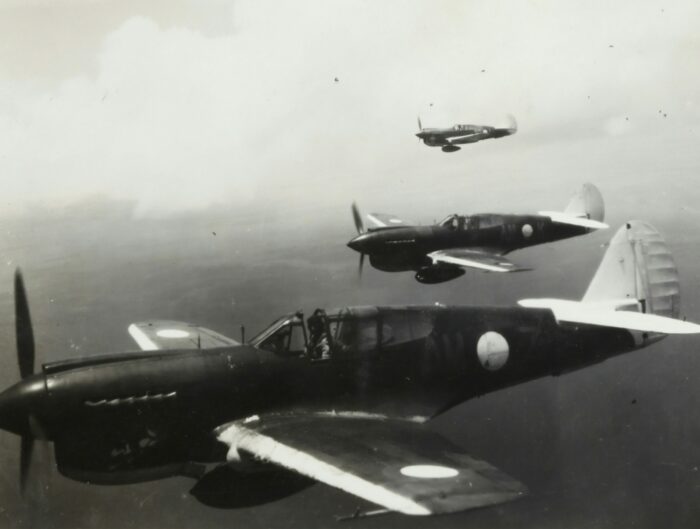She will be twenty-five the first time she tells the story. She will be in bed with a man in Austin on a warm June night with heavy rain and she will feel a million miles away from the wooded suburb where she grew up, though it is only three hours east on the highway. His window behind their heads will be open and rain drops splash their faces and pillows. It will be the first time they have had sex and he will turn to her after and ask “Did you go to parties as a teenager?” and at first she will smile. Their youth has been the subject of their flirting all evening, but now it is three a.m. and the bed is floating like an island. She has been carrying this story for ten years, shifting its weight from shoulder to shoulder like a heavy backpack. Maybe it is the rain or their damp nudity or maybe it is something else—the smell of wet fabric, the adrenaline from sex with someone new, that familiar tingle and spike of warmth in the armpits, how the body hangs on even as the mind relents.
❦
The story: Our girl is fifteen and on her way to a Harley house party. She has a Route-44-sized Sonic cup filled halfway with Ocean Water and halfway with vanilla Stoli that she stole from her parents’ liquor cabinet. It is a hot Saturday night in June. The Harley sisters have been throwing rager after rager all summer; their parents divorced after Mr. Harley came out last winter, and Ms. Leigh responded by forcing the zipper on youth. Now her two daughters can do whatever they like. On this night, everyone is there: Sabby is upstairs in the sparsely furnished guest room with Tyler G., Coogler is holding court around a hookah in the garage, and the Harley sisters have on bras a size too small so their boobs pop like muffin tops out of their tight shirts. Overhead, the pine trees watch. The kidney-shaped pool in the backyard is glowing electric blue like the Ocean Water in our girl’s Sonic cup. She is standing in the grass behind the garage when Nick dares Corey to do it: “Bet you won’t flip off that roof into the pool,” he says, and she watches as Corey finishes his Coors Light in one smooth swig and crosses the yard, tugging at the waist of his jeans as he goes. He is small for their age, maybe one hundred pounds with his clothes on, and she will emphasize this to the man, as if Corey’s size could be to blame. Corey climbs the gutter and is on the roof within minutes. The yard has turned toward him. He tosses his T-shirt down to the concrete patio and then off come his jeans, hitting the surface with a soft thud. He is left only with his boxers and his sneakers and he is so small, she tells the man again, that his pale chest is concave. When he misses it is only by inches. The crack of skull against the crimson brick is what she cannot describe, can never get right, not now in bed with the man or in the future when she attempts this story again. It is like how she imagines a gun might sound. It is immediately lethal. Corey’s body does not float but sinks headfirst toward the white bottom of the pool so that only his sneakers are visible amid the bloom of blood. No one has seen it before—a dead body. Not even the tough boys who shoot bucks with their dads on weekends. In memory there is only the crack and then silence but, as she tells the man, she knows that a song must have been playing from the speaker on the metal patio table. Something about living forever, which is what they were drinking to at the Harley girls’ party, which is what they believed in before. This is the new way: Before and after. Death gets in. Nick will post to Corey’s Facebook wall every day for two years. He will post memories there, like the time they lit their leg hair on fire in Corey’s backyard as kids, and the time they were on the tee-ball team together and did nothing but pick at the dirt in the outfield. Before he graduates from high school, Nick will crash his Corolla on the exit ramp to their suburb, the one he took hundreds of times, and everyone will call it an accident. The Harleys will sell the house. In the never-ending after, little Corey is still flipping through the air, the blur of his sneakers whirring constant circles above the pavement forever in their safe, quiet suburb.
❦
The man will be still in the bed next to her. The only sounds are the rain outside and the fan whirring asymmetrically overhead. He will say he is sorry. She will say it’s OK, they were never really all that close, he was more of a party friend. “He could never pronounce his Rs,” she tells the man, partly because it’s true and partly because it’s one of the only living details she remembers. He will laugh softly and place a hand on the back of her head—a practiced act of genuine consolation. Women have told him things before. For a moment she will imagine this as the beginning of something. Everything is safe on the precipice. The feeling will pass and dissipate in the air above them. By morning the rain will stop, and all that will remain is lingering wetness on the grass and the leaves.


